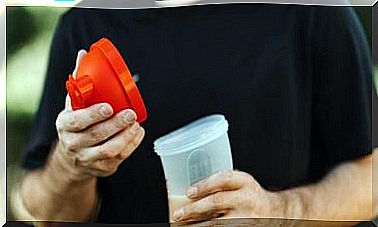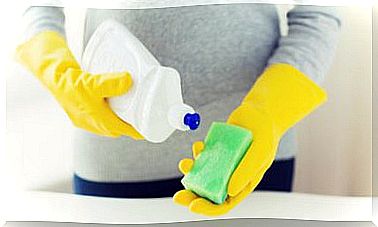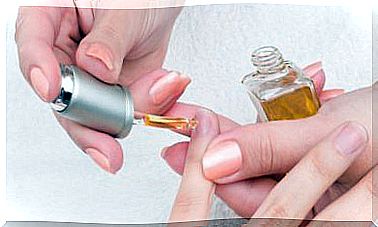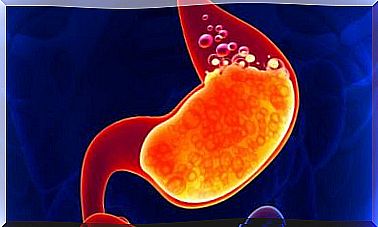Homemade Tricks For Muscle Relaxation
Here are the tricks you should apply to achieve good muscle relaxation and relieve all accumulated tensions.
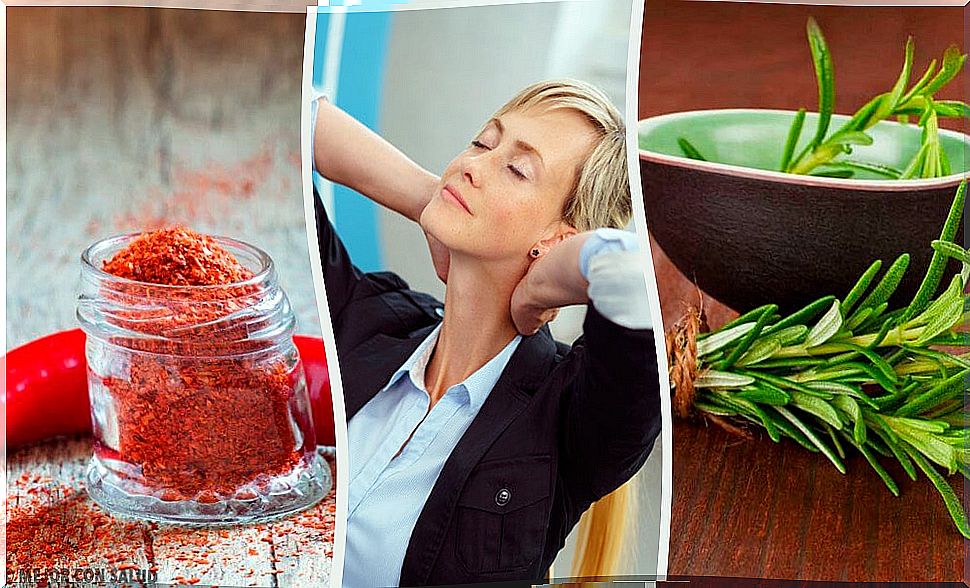
Overwork, stress, or exercise are the most common causes of muscle injury. The following homemade tricks for muscle relaxation prevent the problem from escalating.
In most cases, muscle injuries are not a serious health problem. It is an ailment that affects the quality of life. These homemade tricks for muscle relaxation allow them to be minimized or eliminated.
The human body has about 600 muscles. Thus, e sto means that 40% of the weight of the body is provided by the muscular system.
On the other hand, it is not surprising to anyone that the muscles that are most frequently tensed, on a day-to-day basis, are those of the neck, shoulders and cervical.
If they are injured they must be taken care of promptly. In some cases, certain temporary immobilization techniques are also required to achieve the desired relief and recovery. However, there are very simple methods that can be applied in cases of minor injuries.
Causes of muscle tension
Stress, anxiety, compressed nerves, sudden or exaggerated efforts, improper sleeping position, are causes of muscle tension.
Also an injury in the area, worn joints or very cold environments. Certain pathologies can cause muscle tension:
- Lupus.
- Fibromyalgia
- Hypothyroidism
- Multiple sclerosis.
- Rheumatoid arthritis.
- Chronic Fatigue Syndrome.
Also, dermatomyositis and electrolyte imbalances, such as low potassium or calcium, have an impact on the muscles.
Angiotensin converting enzyme (ACE) inhibitors used to lower blood pressure are drugs that cause muscle pain. Statins also affect cholesterol lowering.
Tricks for muscle relaxation

Applying ice within the first 24 hours after the injury will reduce inflammation and pain. Muscle ailments also tend to respond well to massage.
Regular exercise helps restore muscle tone ; walking, biking, and swimming help in muscle relaxation.
Stretching, toning and aerobic exercises prevent pain. Also sleeping well and reducing stress, practicing yoga and meditation are excellent options.
Stretching at least every hour when working in the same position is a must. Heating pads or ice packs also help relax the affected area and relieve pain.
Vitamins and hydration
Another recommendation for effective muscle relaxation is taking vitamin D supplements. Foods rich in omega 3, such as salmon, sardines or other oily fish, are very useful.
The human body must be kept well hydrated, because muscles work better and do not contract. It is recommended to drink 1.5 and 2 liters of water daily.
Home remedies for muscle relaxation
There are many medications to relieve muscle pain, but some have side effects, even cause addiction; the best alternatives are home remedies.
1. Chamomile, mint or cherries
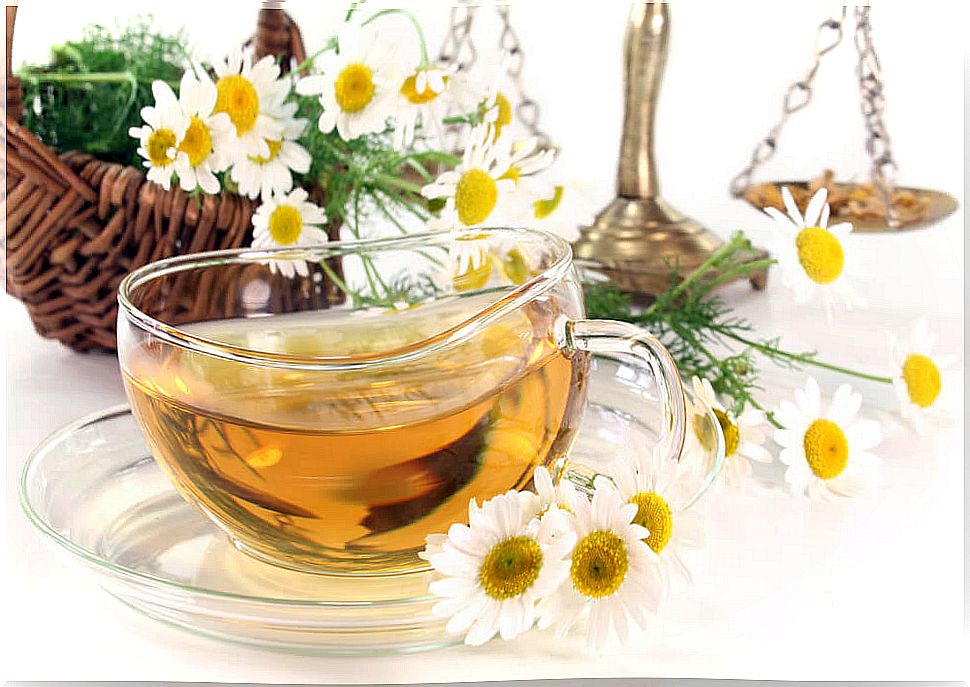
Chamomile has anti-inflammatory properties. In infusion two or three times a day, or as oil spread on the affected area, it is of great help. It can also be mixed with coconut oil.
Peppermint is also a very good muscle relaxant. Thus, menthol contains analgesic, anti-inflammatory and antispasmodic properties.
Red cherries have antioxidant and anti-inflammatory properties. In addition, they relax the muscles naturally and counteract chronic muscle pain, arthritis or fibromyalgia.
2. Cayenne pepper
The capsaicin in cayenne pepper works as a muscle relaxant and is a pain reliever. The mixture of a teaspoon of this powder with two of hot olive oil is placed for 30 minutes on the affected area.
3. Epsom salt
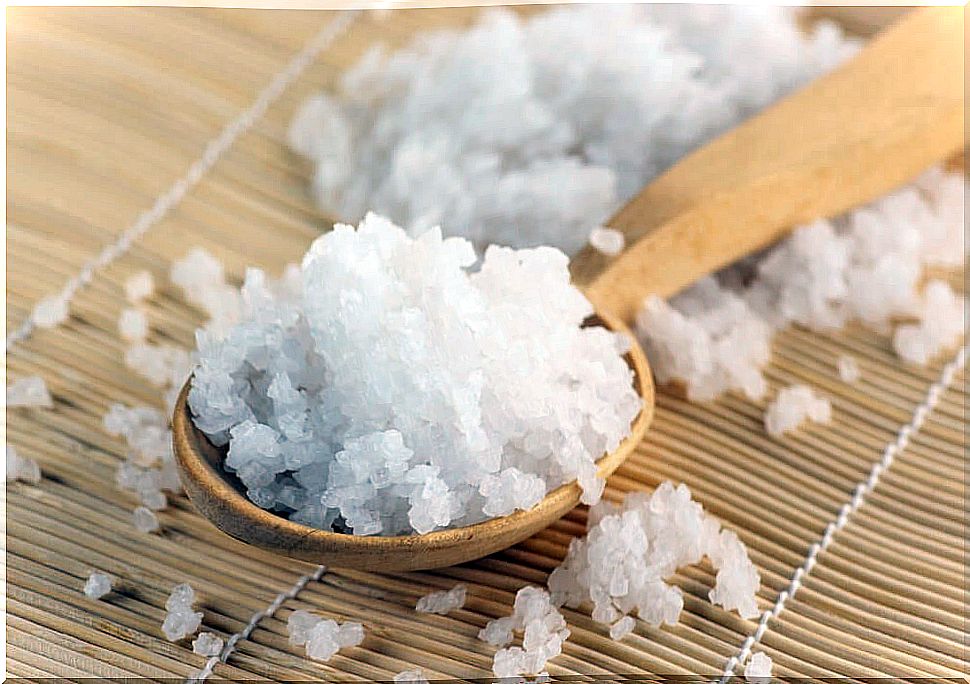
The magnesium in epsom salt is essential for proper muscle function. Thus, it fights cramps, spasms and muscle tension, relaxes the nervous system and eliminates toxins from the body.
4. Rosemary and valerian
Rosemary calms muscle inflammation and pain. By improving blood circulation, recovery is faster. Thus, it is very good against rheumatism and muscle and headaches.
In infusion, add a teaspoon to a cup of hot water, strain and take three times a day. You can combine rosemary oil with coconut or olive oil and spread it on the affected area.
Thus, the anti-inflammatory and analgesic oils in valerian relax the muscles, especially those of the neck. Its sedative effect relieves stress and promotes sleep.
5. Arnica and Lavender

Pain and muscle inflammation have an enemy in arnica. Its anti-inflammatory and analgesic properties also improve blood circulation. Thus, and creams n applied to the affected area twice a day is an excellent remedy.
Lavender also has anti-inflammatory properties that reduce inflammation and muscle pain, especially in the back, neck and legs. Combat arthritis, joint and headache pain when caused by stress.
6. Passionflower
Passionflower, passionflower or passion flower, is another home remedy for muscle inflammation, menstrual pain and headaches. It is an antispasmodic and sedative that fights stress, anxiety and irritability.



